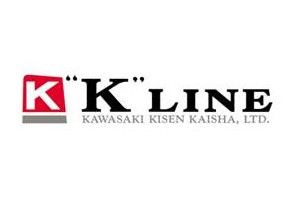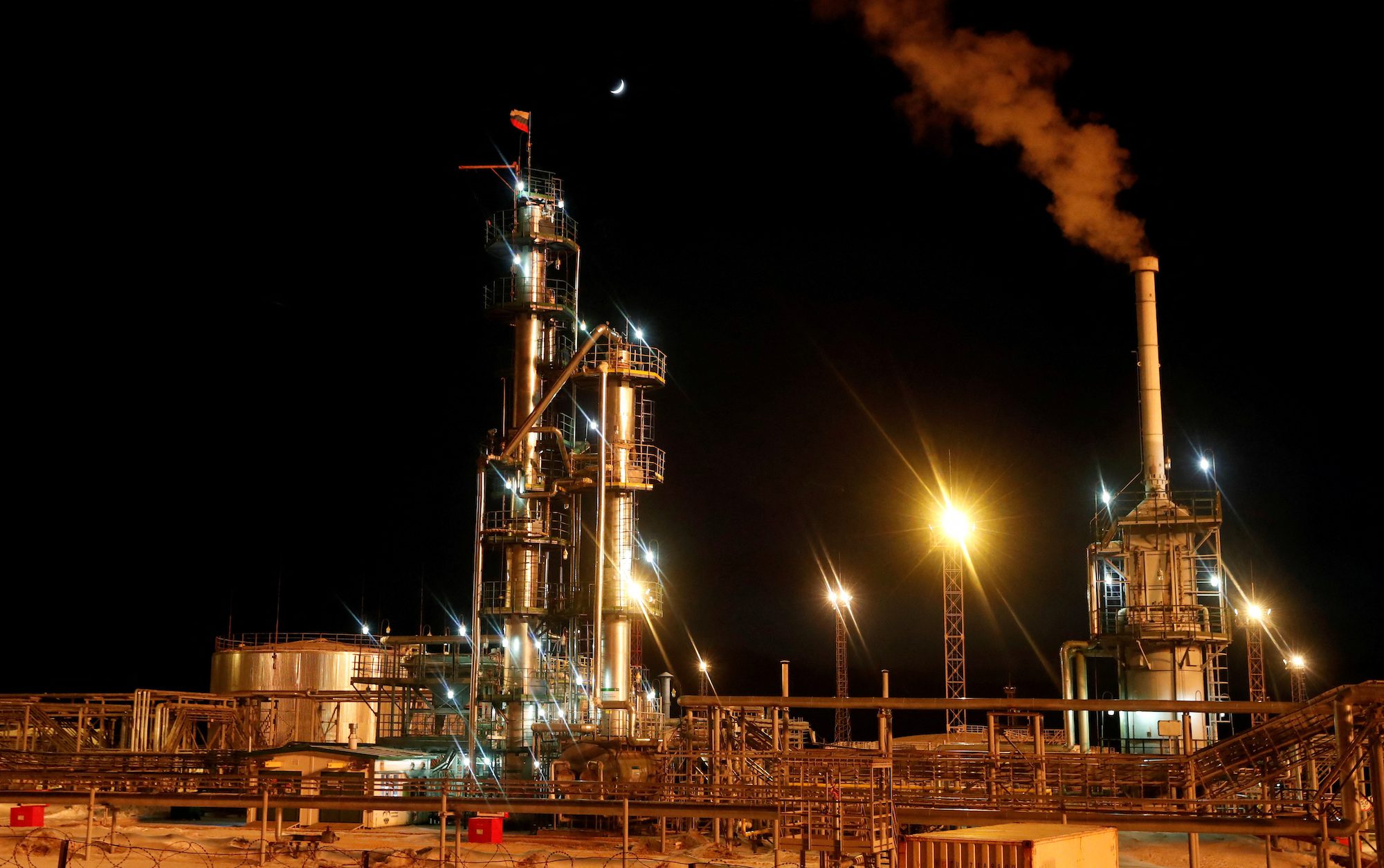“We’re slowing our expansion,” Toshiyuki Suzuki, a managing executive officer, said in an interview in Tokyo yesterday. The company will shed 24 commodity ships in the year starting April 1 to offset new vessels, rather than using incoming ships for growth, he said.
The ship operator, based in Tokyo, has also postponed plans to expand its dry-bulk fleet to 300 vessels from about 250 to March 2018 at the earliest as ship deliveries outpace China demand for iron ore and coal. The Baltic Dry Index, a benchmark for commodity-shipping rates, has tumbled about 40 percent in the past year, prompting some operators to pare their fleets.
“Freezing the expansion is better than doing nothing at all,” said Ryota Himeno, an analyst at Barclays Plc. “Still, the dry-bulk sector is very competitive with lots of players. It’s not the place to aggressively expand. It would be better to invest in car carriers and liquid natural gas ships.”
Kawasaki Kisen had intended to have 300 dry-bulk ships by March 2017. The company, which also operates other vessels including container ships and car carriers, last month cut its profit forecast for the year ending March to 2 billion yen ($24 million) from 8 billion yen.
Smaller Fleet
“There are just too many new ships coming online,” Suzuki said. “Unless there’s an unexpected boost to demand, rates are unlikely to increase significantly.”
Nippon Yusen K.K., Japan’s biggest shipping line, also last month reduced its annual profit forecast because of tumbling freight rates. The company in July said it will pare its total number of ships to 855 from 876 in the two years ending March 2014.
Mitsui O.S.K. Lines Ltd., which expects a full-year loss, intends to cut its total fleet to 940 ships at the end of March 2013 from 981 vessels a year earlier.
Kawasaki Kisen fell 4.6 percent, the biggest drop in three weeks, to 103 yen at the close of Tokyo trading. The stock has declined 26 percent this year, compared with a 10 percent gain in the Nikkei 225 Stock Average.
The company will also repay 25 billion yen of convertible bonds due in April from existing reserves, Suzuki said. The company has about 150 billion yen of cash and near cash. There are no plans to sell more bonds as it’s “not good timing,” he said.
The ship operator is rated BB by Standard & Poor’s, two levels below investment grade. The cost to insure its debt against default for five years was 750 basis points yesterday, compared with 500 basis points a year earlier, according to CMA data.
– Chris Cooper and Kiyotaka Matsuda, Copyright 2012 Bloomberg.

 Join The Club
Join The Club











